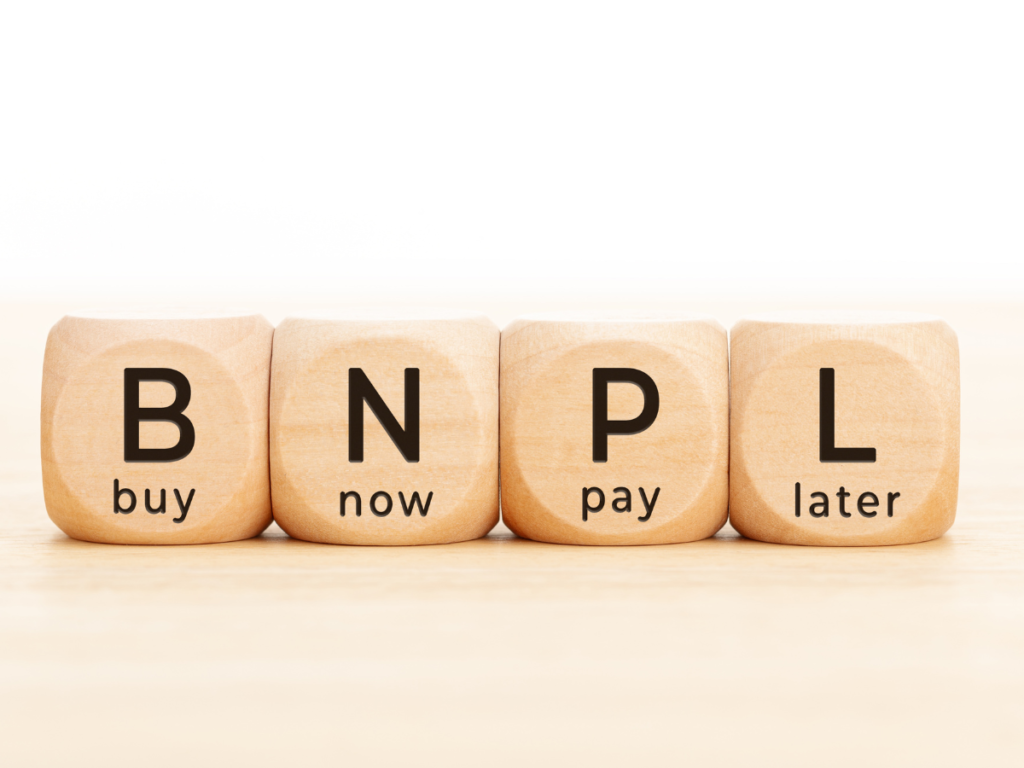Federal Bank of New York data shows BNPL use by Americans with lower credit scores, reflecting financial challenges.
According to data from the Federal Bank of New York, a highly disproportionate fraction of buy now, pay later (BNPL) users are American consumers with worse credit scores and more unmet credit demands.
While customers with lower incomes are less likely to be given BNPL services, those with credit scores below 620 were the ones who used them the most frequently.
Furthermore, even though they had fallen behind on their payments at some time during the previous year, 37% of survey participants stated they had used BNPL services. Furthermore, 41% of respondents said they had used buy now, pay later services in the previous year as a result of having a credit application denied.

Financial Inclusion is Enhanced by BNPL, but at Risk
Globally, buy now, pay later has seen consistent expansion; nonetheless, rising use has also raised danger.
The Federal Bank of New York’s conclusions are supported by additional TransUnion data. Additionally, the study discovered that BNPL services are more frequently used by customers who are having financial difficulties. In fact, 20% of BNPL users surveyed claimed that as a result, they wind up accruing debt on their credit cards that is now greater than 50%.
Overall, these studies show how consumers who are more sensitive to financial hardship are turning more and more to interest-free loans as a way to better manage their money. But the risk is in overextending credit, which can result in uncontrollably high debt levels, burdening a population group that is already struggling. It becomes more difficult for consumers to make back BNPL payments as their debt levels rise.
“This study supports the idea that buy now, pay later lenders are a desirable choice for lending segments with higher risk,” stated Ben Danner, Senior Credit and Commercial Analyst at Javelin Strategy & Research. “An economic downturn could result in notable rates of delinquencies and charge-offs if BNPL suppliers have built their books on a portfolio of high-risk loans. In order to get ready for the impending recession, buy now, pay later vendors could need to tighten their underwriting.











